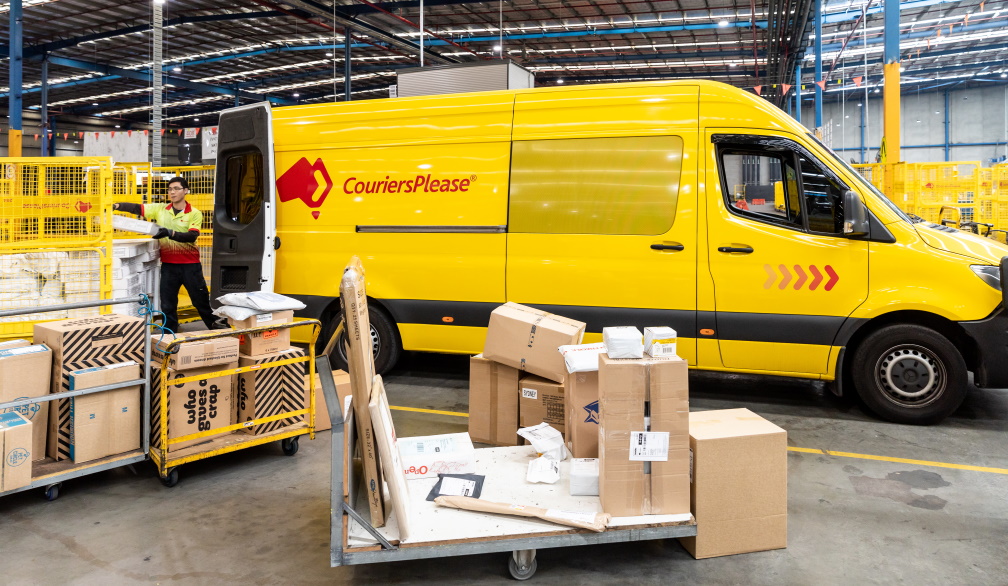Top Causes of Accidents Involving Commercial Drivers

The size of trucks, buses, and tractor-trailers makes them particularly dangerous to other road users as they can do far more damage to a car than a smaller vehicle would cause. According to the Federal Motor Carrier Safety Administration (FMCSA), commercial drivers were guilty of several acts or omissions that led to accidents and increased the number of deaths on the road. These included uncertified and incompletely trained drivers, vehicles that were not in a roadworthy condition, sticking to an unsafe speed for the road conditions, and being distracted instead of focussed on their driving.
Car drivers were also often to blame for accidents. They tended to pass trucks on the wrong side (right instead of left), followed trucks too closely and did not keep a safe following distance, and changed lanes without proper signaling.
We take a look at the top causes of accidents involving commercial drivers as the culpable parties.
Lack of Concentration
Every driver will become distracted at some point in time. Unfortunately, this is usually the moment at which they perform a driving maneuver that puts other road users at risk of being collided with and seriously injured or killed. Staying alert saves lives. It is important to keep an eye on the road and all vehicles in the vicinity, stick to the speed limit or the safest speed for road conditions and keep an eye out for changes up ahead.
Installing a system, such as the mobileye collision avoidance system, will provide drivers with extra seconds in which to react to a pending collision by monitoring the road electronically and determining distances.
Driving When Tired
Even if the driver feels fine, it is important to take all scheduled breaks promptly. This is a chance to freshen up and regain alertness. Drivers must ensure that they eat at these times and stay hydrated. Fleet managers must enforce rest breaks.
Not Paying Attention to Road Conditions
An outside gauge mounted on the vehicle and listening to the weather reports will keep a driver appraised of changing conditions. A lower speed than normal is needed for roads in bad repair and bad weather.
Driving Intoxicated
A driver who drives after consuming alcohol and/or drugs is irresponsible. Fleet managers should arrange testing for any drivers suspected of this illegal behavior. The necessary steps must be taken to keep such drivers off the road.
Reckless Driving
Reckless driving includes driving over the speed limit, disobeying the rules of the road, failing to signal or ensure that it is safe to change lanes, etc. Fleet managers can install technology to monitor driver behavior. This can be used for training or disciplinary purposes.
Company Negligence
Companies may fail to conduct the proper checks on a driver’s background to ensure a clean record. They may also be at fault for not providing adequate training. Such issues will be discovered when an accident occurs, and the matter is taken to court.
Vehicles In Bad Repair
Unsafe vehicles are accidents waiting to happen. Fleet managers need to ensure that all maintenance work is carried out promptly. Drivers must be taught to check their vehicles before driving and at every stop.
Many accidents can be prevented by following these guidelines.




